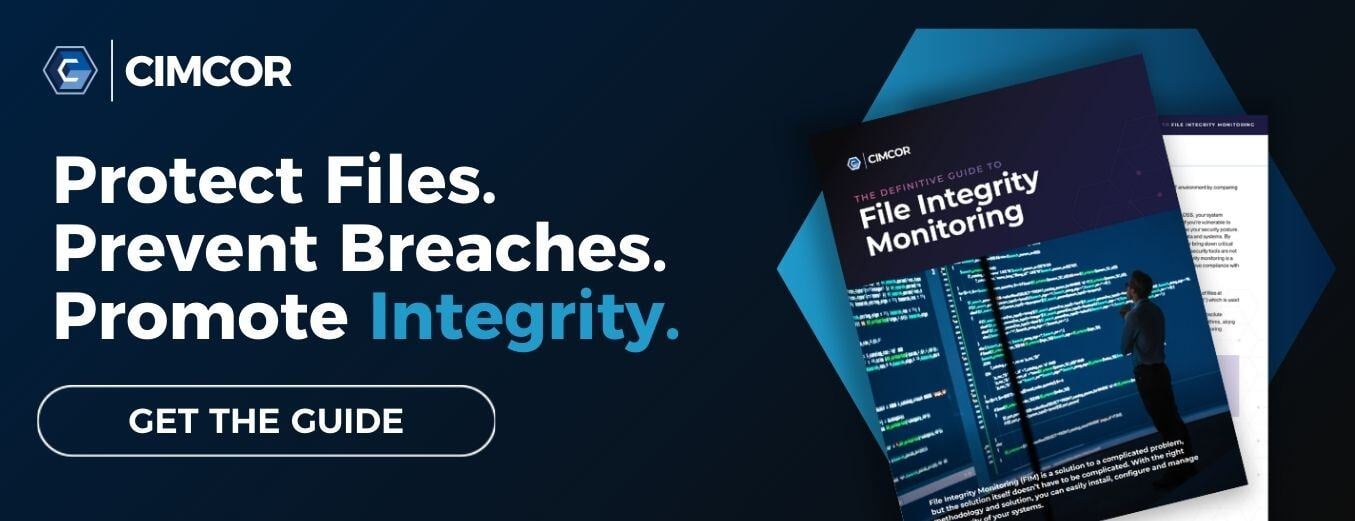Navigating the data protection landscape is more critical than ever, and the General Data Protection Regulation (GDPR) stands at the forefront of this endeavor. From hefty fines to mandatory breach notifications, understanding GDPR compliance is crucial for businesses operating in or interacting with the EU. In this article, we'll explore five key aspects of GDPR compliance that every organization should know.
What is the GDPR?
The General Data Protection Regulation (GDPR) requires organizations to protect personal data and the privacy of European Union (EU) citizens in transactions occurring within EU member states. Implemented on May 25, 2018, the regulation replaced the 1995 data protection directive. It consists of 99 articles, adding responsibilities and, in some cases, new organizational roles.
Essentially, data protection will become a fundamental right, and this regulation not only protects the rights and freedom of that data but also:
- Defines the process/steps data holders must take to protect data
- Stresses enforcement expectations of the GDPR
- Allows for larger fines to be enforced
- Requires disclosures for data security breaches
Personal data, as defined by the GDPR, is any information related to a natural person or 'Data Subject' that can be used to directly or indirectly identify the person. It can be anything from a name to a photo, an email address, bank details, social networking website posts, medical information, or a computer IP address.
Who is Affected?
Though many businesses think of the GDPR as only applicable to companies located in the EU, this can affect many organizations due to the requirements of protecting, storing, and processing customers' personal data - regardless of location. And though each organization uses data differently, the outcome of using data and how it is handled is the same:
Per the GDPR, if you process data about individuals in the context of selling goods or services to citizens in EU countries, then you need to comply with the GDPR. GDPR compliance is required if your organization:
- Monitors the behavior of EU data subjects
- Processes personal data of data subjects residing in the EU
- Holds/Stores personal data of data subjects residing in the EU
What are the Penalties?
The fine for organizations in breach of GDPR can vary, as a tiered approach exists, and can be based upon other GDPR regulations not being met. The maximum fine peaks at 4% of annual global turnover or €20 million, with the greater of the two being the penalty.
What You Need to Know
- Any organization that processes or collects EU citizen data is required to comply with GDPR*
- Penalties can be up to €20 million, or 4% of global annual turnover for the preceding financial year, whichever is the greater.
- Consent conditions are more powerful and must be clear and concise.
- Data Subjects have increased rights which include but are not limited to:
- Breach notification within 72 hours
- Transparency of data
- Right to be Forgotten (Data Erasure)
- Data Portability
- Inclusion of data protection in the system design phase
- Data Protection Officers (DPOs)
- Requirements for DPOs vary; see GDPR for full requirements
*Previously, the data protection directive did not cover as large of a territory, but now it covers the personal data of those who reside in the EU.
How File Integrity Monitoring Helps with GDPR Compliance
FILE INTEGRITY MONITORING: With Next-Gen File Integrity Monitoring, you will know when changes are made to systems or files the moment those changes are made. With CimTrak's Trusted FIle Registry, you can know if changes could be malware, a hack attempt, malicious software, human error, or legitimate OS-related patches/changes. CimTrak gives you the ability to remediate those changes.
CHANGE CONTROL: Managing change is critical, and with GDPR compliance, it won't get any easier. CimTrak provides Complete Change Reporting, Proactive Control Options, and Advanced Ticketing Capabilities, while keeping your system secure and running. Want to learn more about File Integrity Monitoring? Download our Definitive Guide to File Integrity Monitoring.

July 25, 2024




